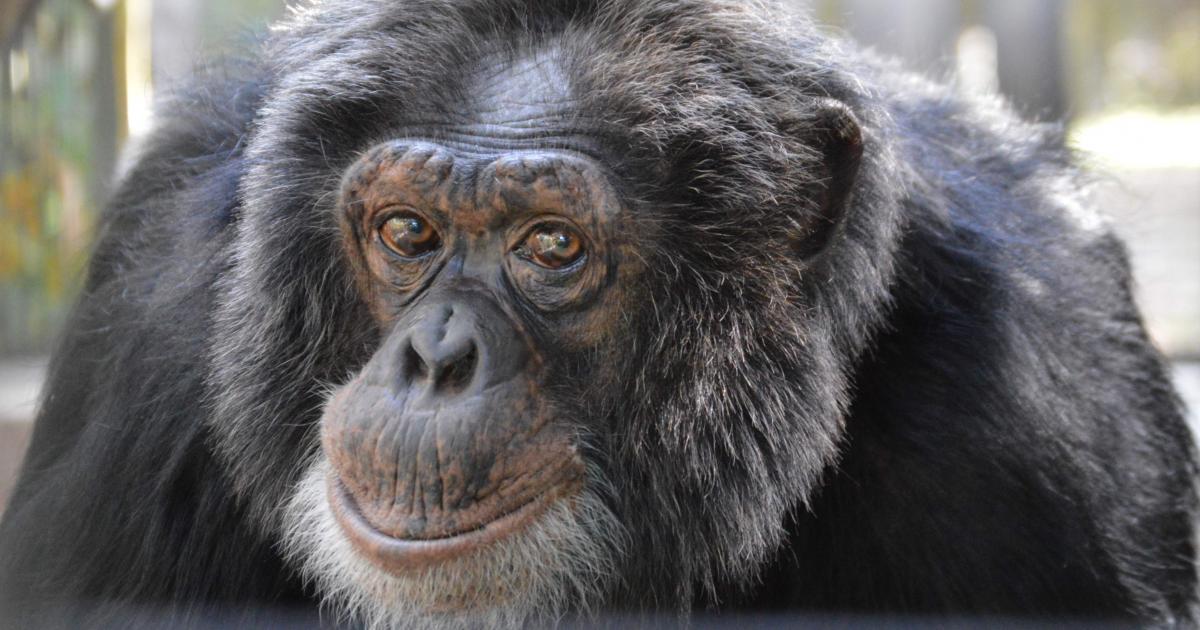Quantum hops and whales: If scientific terms are used inaccurately in everyday life, there’s no need to worry.
Selective biologists sigh when someone says that humans are of ape origin. After all, the monkeys in the zoo are not our evolutionary ancestors, but our evolutionary siblings!
Precision is important in science, and this also applies to language. “Water somehow saturates with heat” is not a scientific expression. “Water changes from a liquid to a gaseous state at 100°C and typical air pressure at sea level” is more precise.
And so it is no wonder that scientifically trained people often complain about it in a rather relaxed way of expression that is common in everyday life as well as in the media. Sometimes this is completely justified. But sometimes it’s just that knowing everything is superfluous.
The Earth is not spherical!
Suffice it to say in public: “The Earth is not flat, but a sphere, in circular motion around the Sun.” With a high probability, someone will raise their index finger and declare a confident glare in their eyes: “You can’t say that! Due to its rotation, the Earth is not a perfect sphere, but in fact a so-called geode! Nor can we speak of circular motion either, it is an ellipse! “
Anyone who argues like this is right – but doesn’t really understand what science is. The goal is not always to achieve the highest possible level of accuracy, but the level of accuracy required at the moment. If you need a garden wall and a builder has installed precise laser systems for hours to align the wall with a tenth of a micrometer accuracy, I wouldn’t be happy with that. This is unnecessary and confuses more than it helps.
When I want to calculate the duration of a transatlantic flight, I don’t use the exact formulas of the theory of relativity, and when I choose a kitchen lamp, I don’t care about quantitative effects. It’s the same with language: the highest degree of granularity is sometimes more annoying than useful.
Yes, we know that the Earth is not a perfect sphere and does not move in a complete circle around the Sun. But if you just want to create an intuitively reasonable idea of celestial mechanics, this is a convenient and useful way of saying it.
Ha! I got you!
Some people seem to be lurking to discover a linguistic inaccuracy somewhere. Woe to the one who slips on his lips with a scientifically incorrect word such as “whale” or “energy generation”! When someone in politics proudly talks about a “quantum leap,” they are often criticized with enjoyment: “How can you say that! A quantum leap is a small thing!” That might be — but what’s the problem? Anyone who talks about a “qualitative leap” wants to express that it is not a continuous, comfortable development, but a sudden and erratic change. This is the case with quantum particles just as it is in politics. So why not borrow this term from physics?
Selective biologists sigh when someone says that humans are of ape origin. After all, the monkeys in the zoo are not our evolutionary ancestors, but our evolutionary siblings! It evolved parallel to our common ancestors who no longer exist today. But if we saw these common ancestors today, we would probably call them apes. Then the claim that we are descended from apes is true again.
Linguistic accuracy is important if it can prevent misunderstandings. But those who demand linguistic accuracy with a raised index finger, although there is no danger of misunderstanding, often just want to show their superiority – this is bad style. It’s nice to know something better. But you don’t have to be aware of everything for long.

“Alcohol buff. Troublemaker. Introvert. Student. Social media lover. Web ninja. Bacon fan. Reader.”







More Stories
Mission ‘Sunrise III’: Recovering Data Storage in Canada – Science
Ecologists Celebrate New Xesap National Park in Laos | Science
Is the wrong diet making you forget?